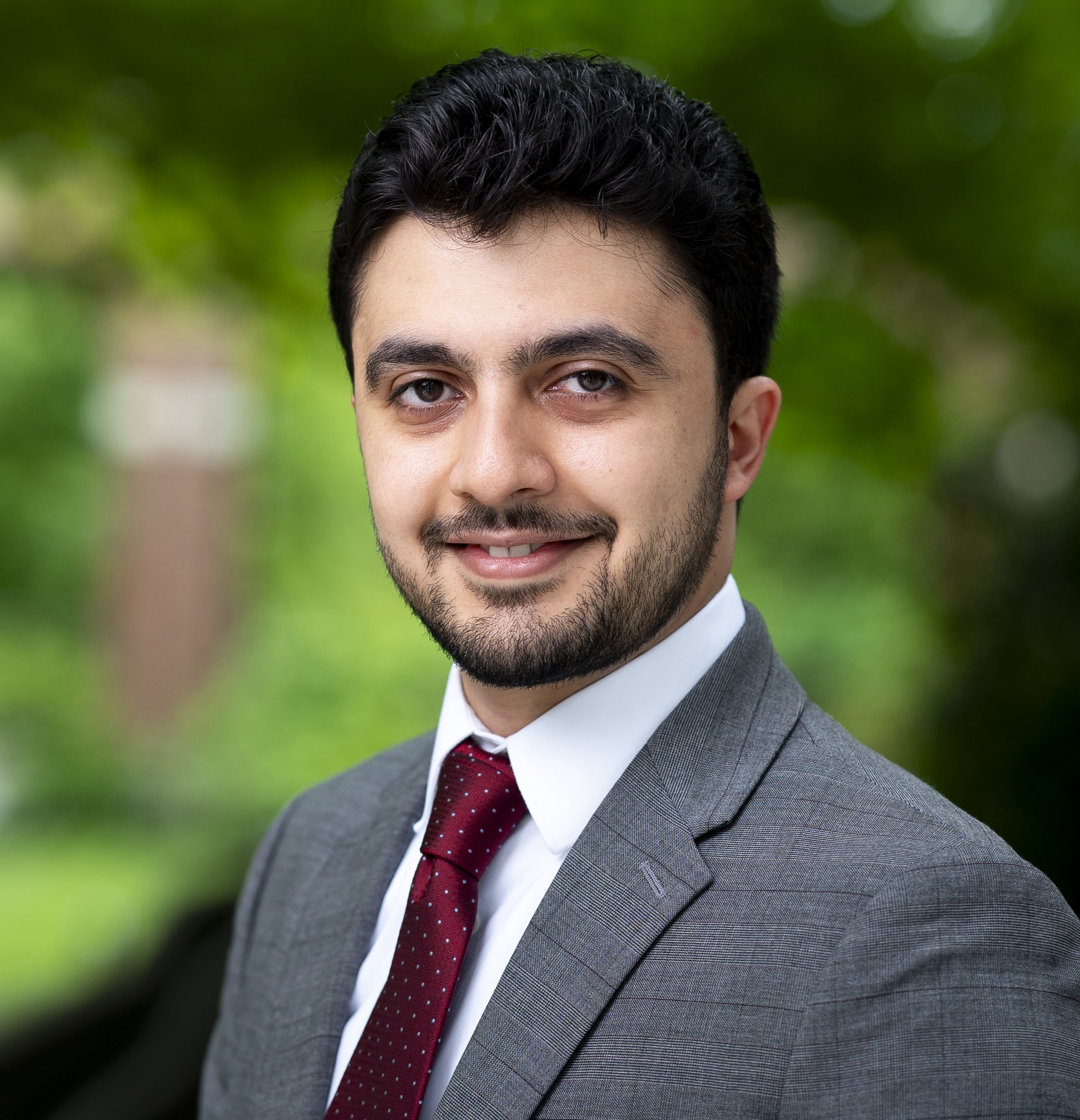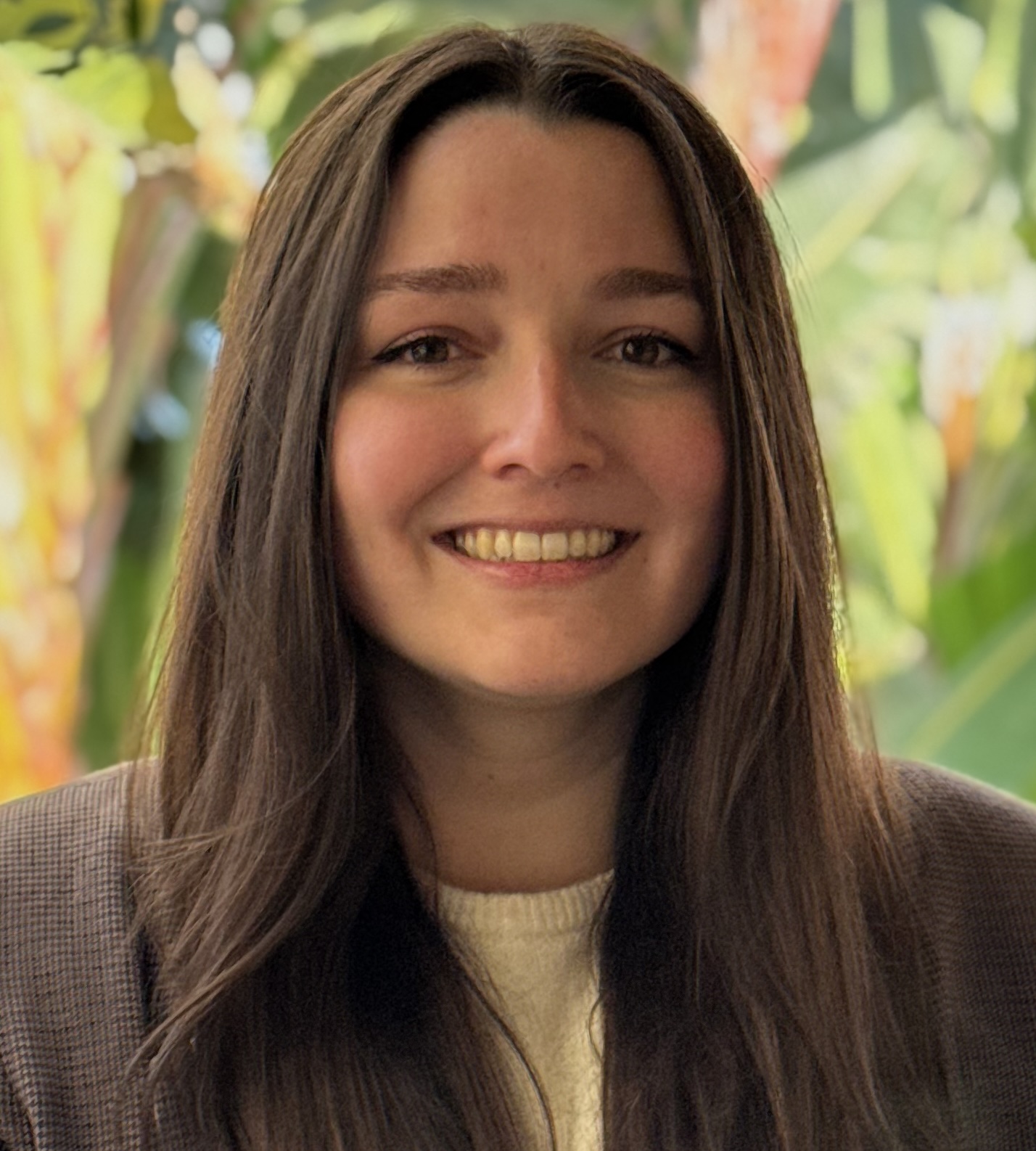
Melinda J.B. Buntin, PhD is a Bloomberg Distinguished Professor of Health Policy and Economics in the Department of Health Policy and Management in the Bloomberg School of Public Health and in the Carey Business School. She joins Hopkins from Vanderbilt University, where she was University Distinguished Professor in the Departments of Health Policy; Leadership, Policy and Organization; and Medicine, Health, & Society and where she held the Mike Curb Chair for Health Policy as Chair of the Department of Health Policy, Vanderbilt University School of Medicine.
Dr. Buntin trained in health policy with a concentration in economics at Harvard University where she received her Ph.D. in 2000. She started her professional career at RAND Health and transitioned into several health policy leadership roles during her 12 years in Washington, D.C. She was the Director of the Office of Economic Analysis, Evaluation and Modeling at the Office of the National Coordinator for Health Information Technology and was Deputy Director of Health, Retirement and Long-Term Analysis at the Congressional Budget Office. In 2013, she became the founding Chair of the Department of Health Policy at Vanderbilt University, a multidisciplinary department within a medical school. During her tenure she grew the faculty from 9 to 22 and started a Health Policy track in the MPH program and a PhD Program in Health Policy. Under her leadership and vision, it has become one of the leading departments of its kind.

Fardin Ganjkhanloo, PhD, is a Health Care Policy Modeler at the Center for Health Systems and Policy Modeling. He specializes in operations research, predictive modeling, and data-driven decision-making to inform evidence-based health policy and system planning.
Dr. Ganjkhanloo has contributed to impactful research initiatives, including the Johns Hopkins COVID-19 Dashboard, where he helped develop automated data collection processes. He has worked on studies examining healthcare disparities, patient risk assessment, and resource optimization to enhance system efficiency and equity in health outcomes.
Dr. Ganjkhanloo earned his PhD and MS in Systems Engineering from Johns Hopkins University and holds dual bachelor's degrees in Computer Software Engineering and Civil Engineering from Sharif University of Technology

Paul D. Jacobs, PhD, is an Economist and Associate Scientist at the Center for Health Systems and Policy Modeling (CHSPM) within the Bloomberg School of Public Health. He has over 20 years of experience in healthcare research covering a wide range of issues including coverage, financing, and hospital payment policy. He also has an extensive background in policy modeling with a focus on household financing of health coverage including related issues of affordability, consumer plan choice, and Medicare Advantage payment policy.
Prior to joining CHSPM, Paul was an Economist and Mathematical Statistician at the U.S. Agency for Healthcare Research and Quality (AHRQ), where he published more than 30 peer-reviewed articles across a range of policy relevant topics. While at AHRQ, he managed several teams tasked with survey design and methodology for the Medical Expenditure Panel Survey (MEPS). Prior to AHRQ, Paul worked at the Congressional Budget Office where he developed economic microsimulation models of the U.S. healthcare system. Those models spanned a broad range of key issues in healthcare including the Affordable Care Act and proposals to reform Medicare payment and health plan choice.
Paul obtained a Ph.D. in economics from American University in 2008 culminating in a dissertation on the affordability of private health insurance while working with Jonathan Gruber, Professor of Economics at the Massachusetts Institute of Technology, as an external advisor.

Kathryn Linehan, MPH, is an Associate Scientist at the Bloomberg School of Public Health and a Medicare policy expert. Kathryn is a trusted health policy researcher with over 25 years of experience working on health care payment policy. She holds an MPH with a concentration in health policy and management from the University of Michigan School of Public Health.
Throughout her career, Kathryn has conducted research with public and private-sector organizations dedicated to providing federal policymakers with timely, factual, unbiased analysis to inform coverage and health care payment policy. Kathryn is an expert in Medicare payment policy with a focus on post-acute care. She joins the Center for Health Systems and Policy Modeling from the Medicare Payment Advisory Commission (MedPAC) where she was a Principal Policy Analyst.

Angela Liu, PhD, MPH, is an Assistant Scientist in the Department of Health Policy and Management at the Bloomberg School of Public Health. Her research portfolio examines the impact of health policies on financial outcomes related to the US healthcare system, specifically on payment and spending in the traditional Medicare and Medicare Advantage programs.
She is engaged in the Johns Hopkins Drug Access and Affordability Initiative, where she evaluates pharmaceutical outcomes, and the Center for Health Systems and Policy Modeling, where her research takes a supply-side, systems approach.
Dr. Liu received a PhD in Health Policy and Management from the Johns Hopkins Bloomberg School of Public Health, a Master of Public Health from the University of Washington, and a Bachelor of Science in Biomedical Engineering from the University of Virginia.

Bijan A. Niknam, PhD, is a Postdoctoral Affiliate at the Center for Health Systems and Policy Modeling. He is also a Postdoctoral Fellow in the Department of Biostatistics at Johns Hopkins Bloomberg School of Public Health and a Postdoctoral Affiliate with the Johns Hopkins Center for Gun Violence Solutions. He is experienced at designing observational studies that use modern matching and weighting methods to examine issues in health policy and health equity in diverse applications ranging from post-acute care to neighborhood fire violence reduction programs. At CHSPM, he draws on fifteen years of experience working on studies with Medicare claims data to study the effects of site-neutral payments and other policies on provider behavior and patient outcomes.
Dr. Niknam obtained his PhD in Health Policy with a concentration in methods for policy research from Harvard University in 2023 and joined the . Prior to graduate school, Dr. Niknam graduated from the Huntsman dual-degree program at University of Pennsylvania and spent seven years with the Center for Outcomes Research at Children’s Hospital of Philadelphia.

Jordan Phan, MPP, is a Research Data Analyst and Pre-Doctoral Researcher at the Center for Health Systems and Policy Modeling (CHSPM). Previously, Jordan was a Research Assistant at the Center for Election Innovation and Research and a Research Associate at the Data and Democracy Lab at Tufts University. Jordan is interested in the application of data science tools to improve health outcomes across demographics.
Jordan received their Master of Public Policy from the Frank Batten School of Leadership and Public Policy at the University of Virginia, where they completed their Applied Policy Project titled "Autonomous Well-Being: Increasing Access to Contraception Among People Who Use Drugs" in partnership with the Guttmacher Institute. Jordan holds a BA in Applied Statistics with a concentration in Data Science from UVA.

Julia C. Thome, PhD, is a Postdoctoral Fellow at the Bloomberg School of Public Health, where she is a member of the Center for Health Systems and Policy Modeling and the Department of Biostatistics.
Dr. Thome earned her PhD in Biostatistics from Vanderbilt University in 2024. Her research focuses on causal inference methods for assessing the impacts of health policies. While at Vanderbilt, she worked on projects to study the effects of Medicaid expansion on HIV outcomes and the impact of COVID-19 on child maltreatment reporting. Dr. Thome also collaborated with the Center of Excellence for Children in State Custody at Vanderbilt University to enhance the quality of services provided to children involved in child welfare or juvenile justice systems. Prior to Vanderbilt, Julia received a BA in Mathematics from Cornell College.
